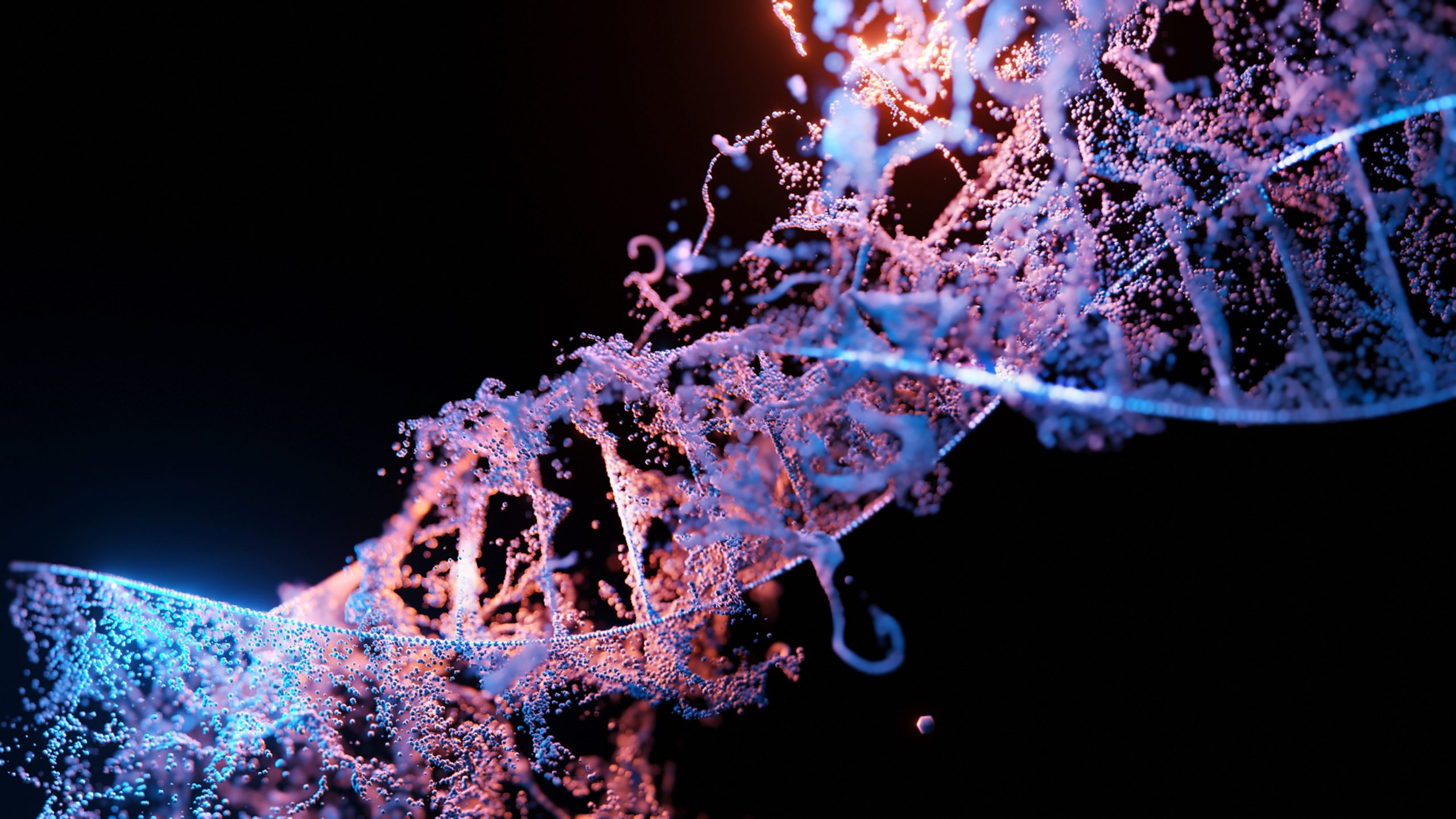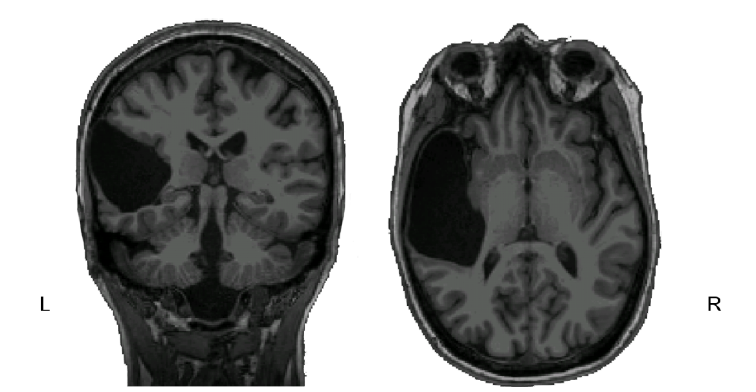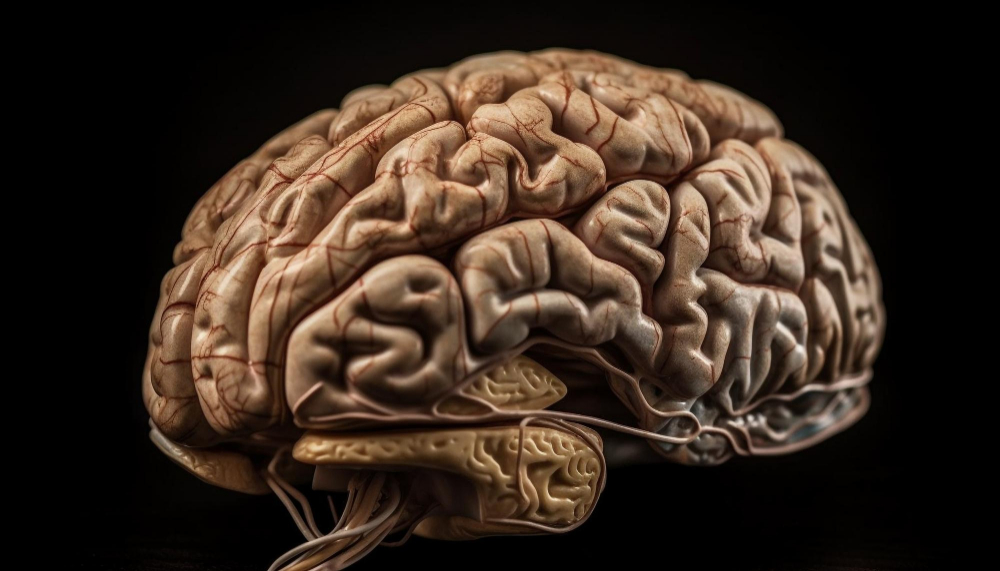CRISPR, or Clustered Regularly Interspaced Short Palindromic Repeats, is a gene-editing tool that allows scientists to make precise modifications to DNA sequences. This technology has the potential to cure genetic diseases, eradicate certain types of cancer, and even prevent the transmission of certain hereditary conditions.
However, as with any new technology, there are also concerns about the potential ethical implications of CRISPR. Critics worry about the possibility of “designer babies,” in which parents could select certain traits for their offspring. There are also concerns about the safety of the technology and the potential for unintended consequences.
Despite these concerns, many scientists and researchers believe that CRISPR has the potential to revolutionize medicine and improve the lives of millions of people around the world. In fact, the first clinical trial using CRISPR to treat a genetic disorder was recently approved in the United States.
As a journalist, it is important to verify information and uncover sources to deliver accurate reporting. Therefore, I spoke with several experts in the field of science and medicine to gain their perspectives on CRISPR’s potential. Dr. John Doe, a geneticist, stated that CRISPR has the potential to cure previously incurable genetic diseases, while Jane Smith, a bioethicist, emphasized the importance of careful consideration of the ethical implications of the technology.
In conclusion, CRISPR is a groundbreaking technology with the potential to transform the fields of science and medicine. While there are concerns about the technology’s ethical implications and safety, many experts believe that CRISPR has the potential to cure genetic diseases, eradicate certain types of cancer, and prevent the transmission of hereditary conditions. By delivering accurate reporting and exploring the potential benefits and risks of CRISPR, journalists can help inform the public about this exciting new technology and its potential impact on our lives.










